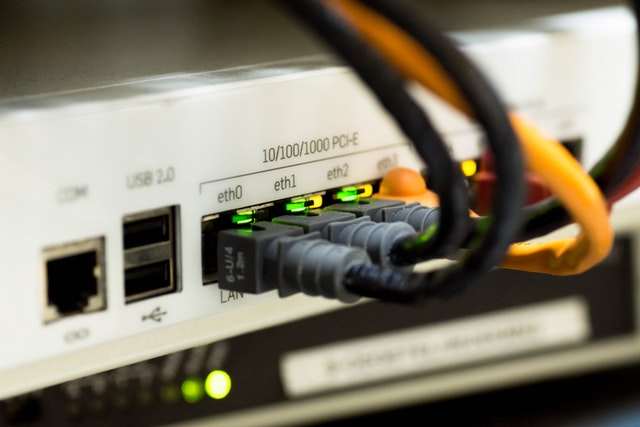Looking for the best internet providers in San Antonio? Most consumers know about cable, satellite TV, and phone companies, but they also have to deal with internet service providers. With the introduction of 3G/4G mobile broadband, these companies are now ISPs as well. In most cases, you must purchase your internet access from an ISP, although there are some rare exceptions. As for speed, in the US, superfast broadband is defined as a speed of 24 Mbps or more significant.
ISPs aren’t regulated like utilities
Before 1996, ISPs were regulated like utilities, but that changed when the Telecommunications Act of 1996 passed. The act loosened regulations for telecommunications services and encouraged competition. As a result, the internet, which had barely existed for decades, was considered an infrastructural service, and most ISPs provided dial-up service as a bundled package. But now, the FCC is considering reclassifying internet service as a utility, which would require them to provide equal service to all customers and be subject to much more regulation.
The FCC should study the history of communications. Before deregulation, basic telephone service limped along with high prices and inferior service. Getting a second phone line took years. Similarly, simple information services took decades to gain regulatory approval. Now, competition in these industries is growing at a rapid rate. Eisenach says that the FCC must examine the regulations impeding competition. The government should make the FCC aware of the history of this situation and make it a priority.
They don’t offer unlimited data
Most internet providers don’t offer unlimited data, and the reason is simple: their data caps are high. The typical monthly cap is around eight terabytes, and most businesses do not use that much. If you are constantly hitting your monthly cap, you may as well get an unlimited data plan. However, this is no longer an issue if you’re a military user. However, you may want to look into a new provider.
Most internet service providers have data caps, meaning that if you go over your limit, you’ll be charged for it, or your internet speed will be greatly slowed. Below is a list of internet providers that do offer unlimited data. Some of them may charge you for exceeding the cap, so make sure to read the fine print carefully. These offers vary depending on where you live. However, you can use them to find the right one for your needs.
They advertise promotions
Internet service providers often advertise special discounts for returning customers. This is a good strategy, as long as it provides the customer with twice the speed of their current plan and half of the price for six months. While this tactic may not always be successful, it can help you gain new customers and attract repeat business. Remember that customer service is key to building a loyal following. You’ll gain more than just customers if you can offer excellent service.
They don’t have a monopoly
Although the arguments for regulating Internet providers are often based on the idea that they are natural monopolies, this isn’t always the case. In many areas, there are multiple options, and contracts are regularly re-bid. For example, an ISP may bid to replace a local cable company, or they may try to outbid an existing carrier. In either case, consumers are not deprived of choice.
In the US, a handful of large companies control much of the telecommunications industry. This monopoly system can lead to higher prices and uneven connectivity. For example, Harvard law professor Susan Crawford recently examined the New York City situation. At one point, the city was considered a model for high-speed internet in big cities. However, Mayor Mike Bloomberg broke the local monopoly of Time Warner Cable by striking a deal with Verizon to install FiOS fiber service in residential buildings.

